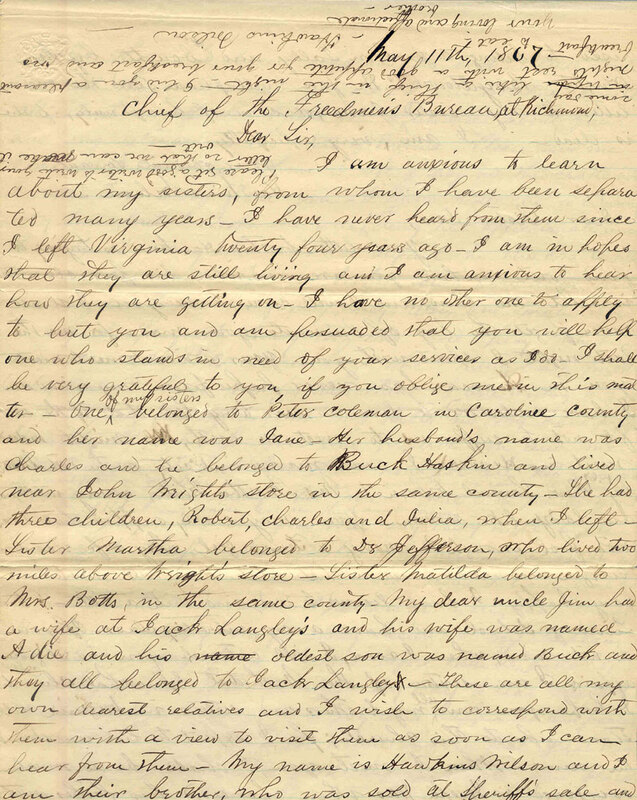Introduction
In the 150 years following the conclusion of the Civil War, retellings of the Dick Dowling story and the Battle of Sabine Pass underwent many subtle changes, as Dowling's statue moved from Houston City Hall to an obscure corner of Hermann Park. But virtually all of the people who memoralized Dowling and the Battle of Sabine Pass in the nineteenth and twentieth centuries shared one thing in common: no one discussed the relationship between Dowling's victory and slavery in Texas.
Despite the lack of attention to this subject in almost all previous discussions of Dowling, slavery was an important part of the story of Sabine Pass. First, Confederate officials in Texas used the labor of enslaved men to build the sophisticated fortifications that Dowling defended in the battle. Second, a few slaves emancipated by Union naval forces participated in the battle. Contemporaries of Dowling understood that the future of slavery in Texas hinged on the outcome of the Civil War as well as the outcome of specific battles, including the one that made Dowling famous.
From the beginning, Confederate Texans understood that the Civil War was fought to protect slavery—an institution that was thriving and expanding in their state on the eve of battle. On the other hand, by the time the Battle of Sabine Pass was fought on September 8, 1863, the American Civil War had become a war of emancipation by Union forces. For the approximately 200,000 enslaved living in Texas in 1863, and especially those African Americans who participated in the battle itself, the stakes at Sabine Pass were extremely high. For the first time, this exhibit considers the story of Dick Dowling and the Battle of Sabine Pass from the perspective of those men and women who stood to gain their freedom from the victory of Union forces in the Civil War. For these men and women, Dowling's famous victory in 1863 was a moment of defeat that delayed their freedom.

